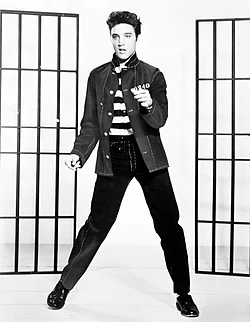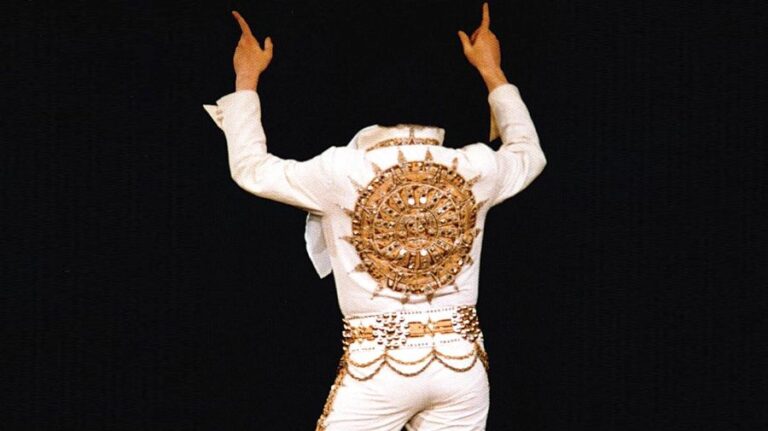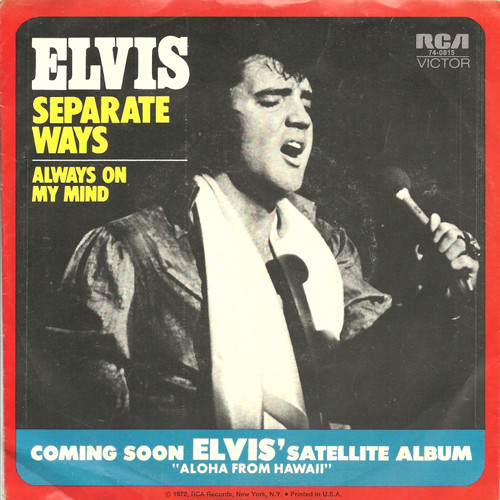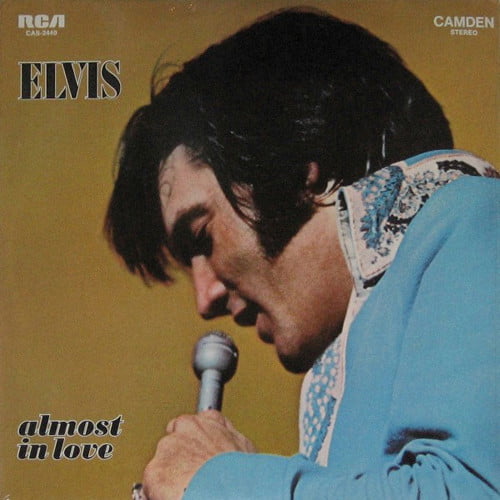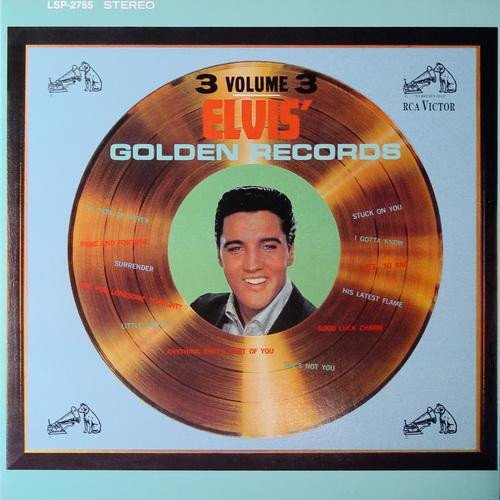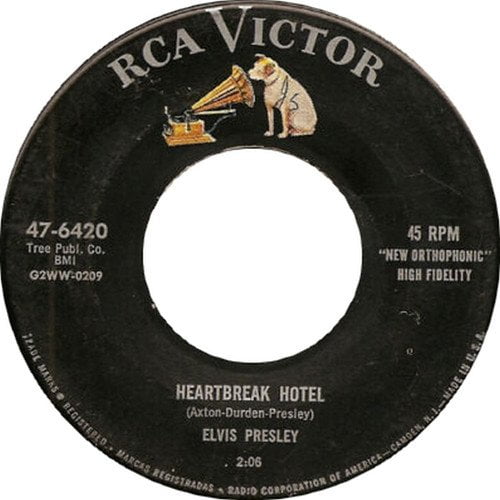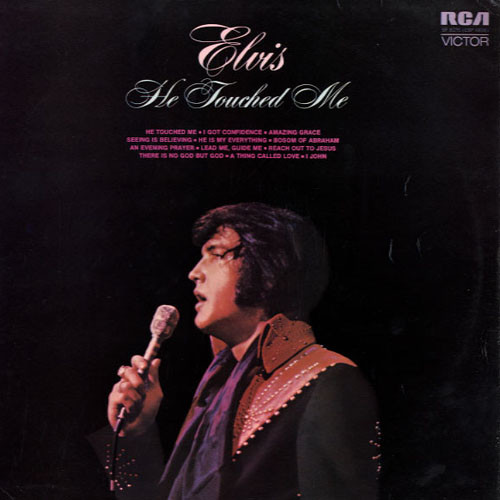“The Hawaiian legacy that marked a new chapter in Elvis’s musical evolution”
Introduction: Elvis, Hawaii, and a Song that Transcends Time
When Elvis Presley recorded “Aloha Oe” on March 20, 1961 during the production of the Blue Hawaii soundtrack, he wasn’t just performing a Hawaiian traditional song—he was helping to popularize Hawaiian music and aesthetics worldwide. Released officially on September 30, 1961, the piece became an essential part of the warm, exotic sound that defined the film and showcased Elvis’s vocal versatility outside the realm of rock and roll.
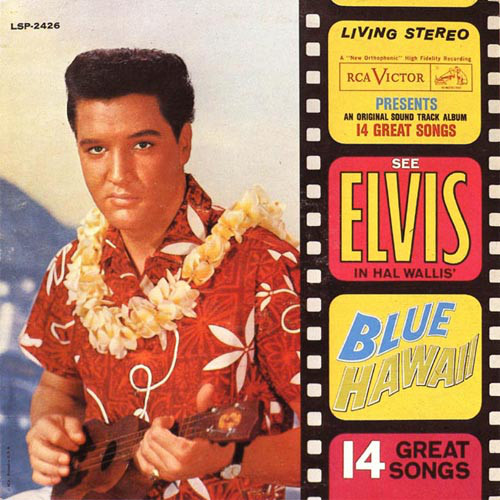
Historical Origin of “Aloha Oe”
“Aloha Oe” is a 19th-century composition written by Lili?uokalani, the last monarch of the Hawaiian Kingdom. Originally conceived as a nostalgic farewell, the song is a cultural symbol deeply rooted in Hawaiian identity. While countless artists have interpreted it over the decades, Elvis Presley’s version became one of the most recognized internationally thanks to his global influence and the massive success of Blue Hawaii.
Recording the Song: March 20, 1961
Elvis Presley recorded “Aloha Oe” at Radio Recorders in Hollywood during sessions dedicated entirely to the Blue Hawaii soundtrack. By this point in his career—after returning from his military service—Elvis’s sound had matured, and he approached the song with a clear intention: to honor the Hawaiian tradition while adding warmth through his signature vocal style.
Recording Characteristics
- Recording date: March 20, 1961
- Style: Traditional Hawaiian ballad
- Vocals: Soft, delicate, and controlled, matching the romantic tone of the film
- Arrangement: Inspired by Hawaiian instrumentation, featuring acoustic guitars, steel guitar, and gentle harmonies
Elvis’s interpretation isn’t loud or overwhelming; it is respectful, atmospheric, and emotional—crafted to complement the film’s paradisiacal spirit.
Release: September 30, 1961
“Aloha Oe” was released as part of the Blue Hawaii album on September 30, 1961. This soundtrack became one of the most commercially successful records of Elvis’s career, even surpassing several of his rock-focused albums.
The album spent weeks at the top of the charts, driven by its tropical charm, cultural influence, and the star power of Elvis Presley.
“Aloha Oe” in Blue Hawaii: A Key Moment in the Film
The song appears during one of the film’s most tender, melodic sequences, reinforcing the serene and romantic atmosphere that characterizes Blue Hawaii. It plays a crucial role in highlighting the film’s tropical aesthetic and strengthening the connection between Elvis and Hawaii—a bond that would grow even stronger with the legendary Aloha from Hawaii concert in 1973.
Importance within the Film
- Enhances the relaxed, exotic tone of the movie
- Serves as an emotional transition in scenes of reflection and farewell
- Evokes Hawaiian cultural identity without losing Elvis’s distinctive vocal presence
Cultural Impact and Legacy
Thanks to its inclusion in Blue Hawaii, “Aloha Oe” reached global audiences and brought traditional Hawaiian music to millions of listeners. Elvis’s version helped embed the song even deeper into popular culture.
Key Aspects of Its Legacy
- Reinforced Elvis as an accidental cultural ambassador of Hawaii
- Helped make “Aloha Oe” a widely recognized symbol of tropical romance and Hawaiian identity
- Strengthened Blue Hawaii as one of the most beloved soundtracks in Elvis’s catalog
Elvis’s Voice and Polynesian Sensitivity
Elvis’s performance of “Aloha Oe” demonstrates his ability to embrace different genres and traditions without losing his artistic personality. His vocal work is characterized by:
- Warm, velvety tones
- Gentle, emotional phrasing
- Respect for the original melody
Though known primarily for rock and rhythm & blues, Elvis proves in this recording that he could interpret traditional ballads with equal mastery.
Conclusion
“Aloha Oe,” recorded on March 20, 1961 and released on September 30 of the same year for the Blue Hawaii soundtrack, is much more than just another song in Elvis Presley’s repertoire. It represents a cultural bridge—connecting Hawaiian tradition with 20th-century popular music. His soft, respectful, emotional delivery showcases his artistic versatility and the lasting impact of his work in Hawaii.
As a central piece of the Blue Hawaii universe, “Aloha Oe” remains a testament to Elvis’s interpretive talent and the enduring charm of his Hawaiian legacy.
Access all of Elvis Presley’s songs at the following link: https://elvisradio24h.com/category/elvis-songs/
The best way to thank us is by sharing this article.
